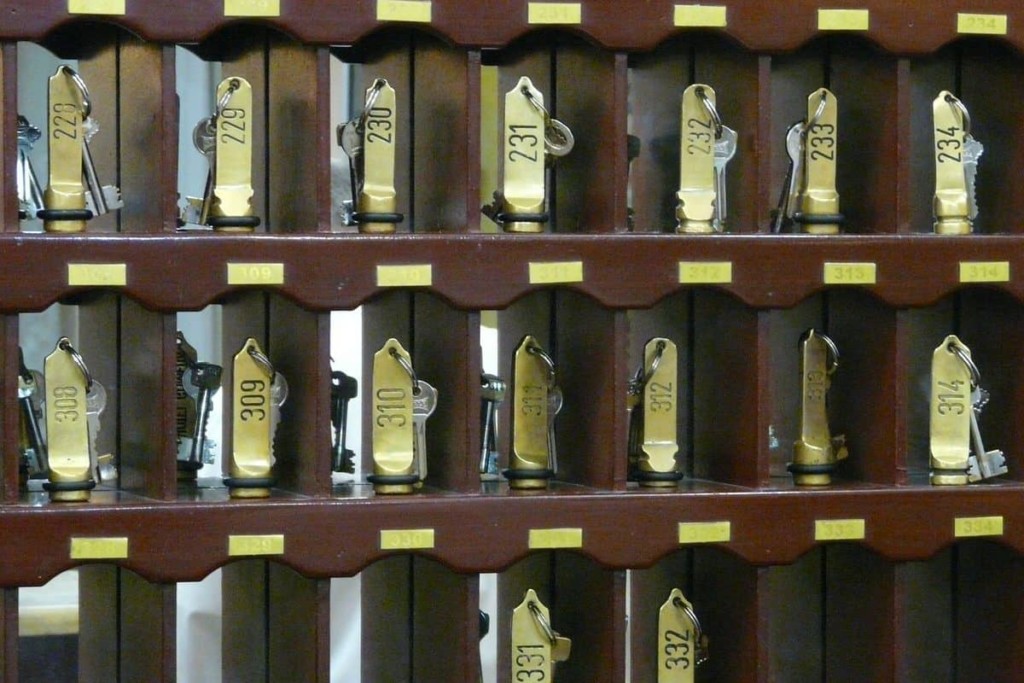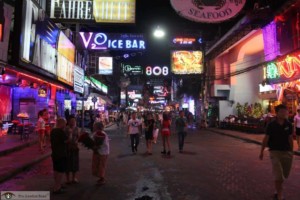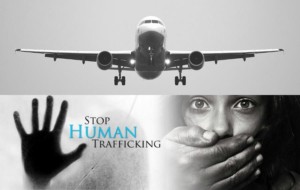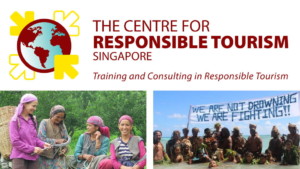Hotels train staff to read signs of modern slavery

The 400 staff at Shiva hotels — from receptionists to human resources staff to cleaners — will be trained as part of a company-wide campaign to tackle modern slavery.
“As a major business sector involving millions of people, the hotel industry has a real opportunity to help prevent these crimes,” said Nishma Jethwa, project lead at Shiva Foundation, an anti-trafficking group funded by Shiva Hotels.
The new programme, which includes mandatory staff training and a campaign to raise awareness among customers in the hotel lobby, is part of a growing drive to remove human trafficking from the hospitality sector.
So far, 81 workers have gone through the two-hour training, which gives staff insight into signs of possible trafficking such as alcohol and drugs in a room, or a child staying over.
Each year, 93,000 people are sexually exploited and 4,500 others exploited for labour in European hotels, according to a 2016 study.
Hotel rooms can be used to film pornography, where women and children are sexually exploited, or as a base for traffickers and their victims before victims are sold into sex or forced labour, according to experts.
Hotels also rely on low-skilled and often migrant labour, which increases the risk of labour exploitation, either in the hotel itself or its supply chains.
“It’s much wider than the use of hotels. As an employer and large industry, hospitality must also consider supply chains and its own hiring policies,” Jethwa told the Thomson Reuters Foundation.
In November 2016, major hotel groups, including the Hilton and Shiva Hotels, pledged to examine their supply chains for forced labour, train staff on how to spot and report signs of trafficking, and raise awareness among guests.
Meenal Sachdev from the Shiva Foundation and founder of the Stop Slavery Hotel Industry Network (and who is featured in the embedded video above) said in November that many hoteliers are on the frontline of the fight against slavery because hotels were being used to sexually exploit trafficking victims.
“Businesses have a big role to play. It’s not just the government’s job, it’s not just charities working on the ground trying to protect these victims,” said Sachdev.
“People don’t really know what tangible steps they can take. But you don’t need to leave your sector to go and do something about this problem.”
With support from the British Hotel Association and the International Tourism Partnership, Sachdev said she hopes hotels across the globe will join the network and follow the group’s stance against modern slavery.
Source: Thomson Reuters Foundation, the charitable arm of Thomson Reuters.
Featured image: Old-school hotel room keys by Hans via Pixabay.
Related posts





